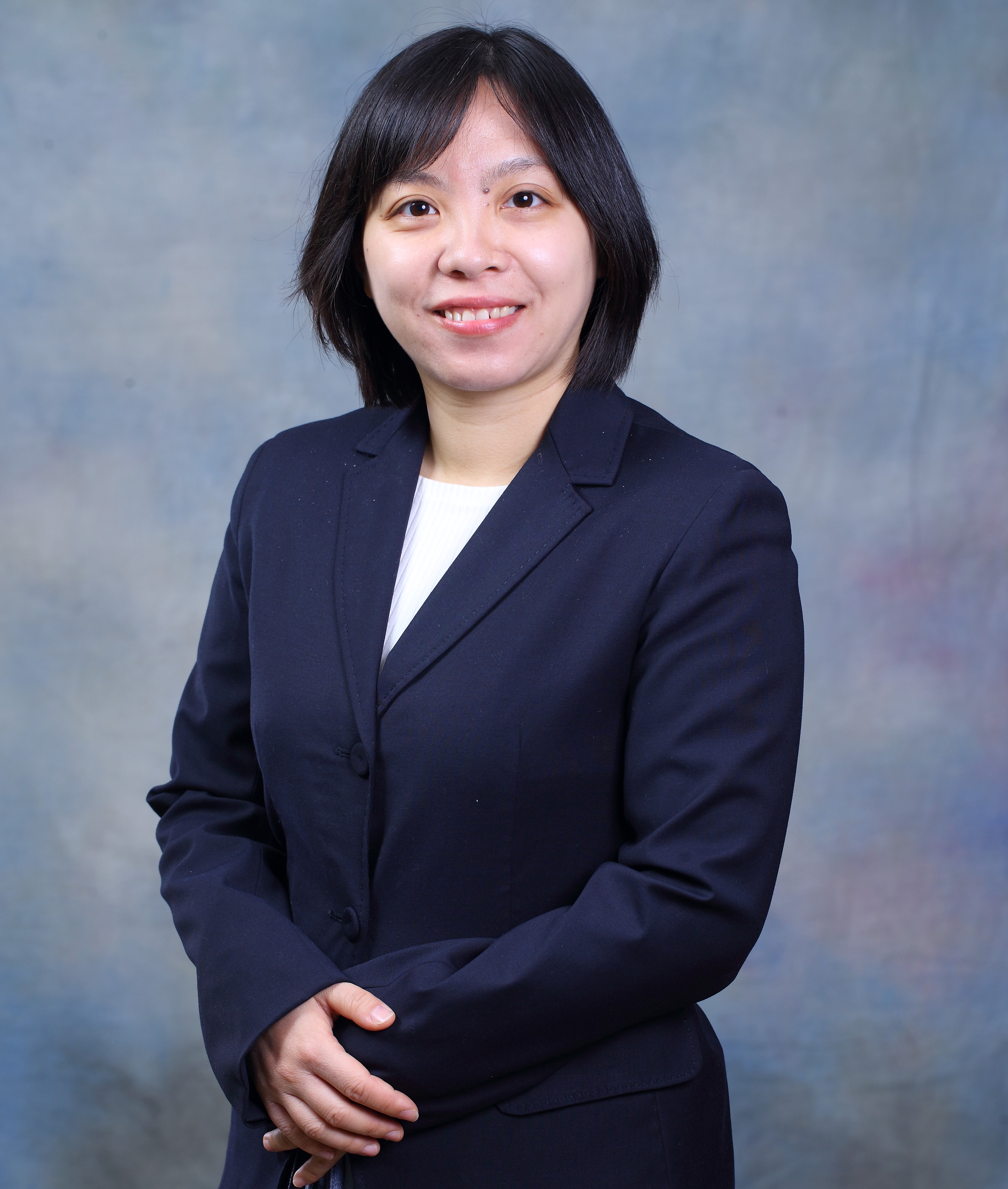

Li Bing
Education & Working Experience
2003-2004, University of Science & Technology Beijing, Doctor
2003.09-2007.07 , Ocean University of China, Bachelor
2007.09-2010. 07 , Ocean University of China, Master
2010.09-2014.07 , Tsinghua Universtiy,Doctor
2012.10-2013.03, University of Glasgow, Visiting student
2014.07-2016.10, Tsinghua University, Postdoctor
2014.08-2014.10, University of Glasgow, Visiting scholar
2016.10-2019. 06, University of Science & Technology Beijing, Lecturer
2019.07-now, University of Science & Technology Beijing, Associate Professor
Teaching
1. New Technologies for Wastewater Treatment
2. Microbiology for Environmental Engineering;
3. Mathematical Models of Wastewater Treatment
4. Research Development for Environmental Biotechnology
Research projects
1. Research on ecological disposal and resource utilization of tailings (Grant No. 2018YFC0604604), supported by National Key Research and Development Project, 2018/06-2021/06
2. Micron-scale study of the characteristics and spread mechanism of antibiotic resistant gene transfer in water-treatment microorganisms (Grant No. 51708023), supported by National Natural Science Foundation, 2018/01-2020/12
3. Water quality assurance and watershed ecological restoration technology and demonstration in Guishui River (Grant No. 2017ZX07101004), supported by Ministry of Science and Technology of the People´s Republic of China, 2017/01-2020/06
4. Study on the key technology of controlling heavy metal pollution during the whole process of nonferrous metal mining and dressing nearby a small watershed of Danjiangkou reservoir area (Grant No. 2015ZX07205003), supported by Ministry of Science and Technology of the People´s Republic of China, 2015/01-2019/11
5. Study on the distribution and transfer of antibiotic resistance genes in wastewater treatment (Grant. No. FRF-TP-19-019A2),supported by the Fundamental Research Funds for the Central Universities, 2019/07-2020/06
6. Dissecting horizontal and vertical gene transfer of antibiotic resistance gens based on single cell observation(Grant No.17K03ESPCT), supported by State Key Joint Laboratory of Environment Simulation and Pollution Control,2017/06-2019/06
7. Evolution mechanism and spread of bacterial antibiotic resistancein biofilm based on microfluidics technology(Grant No. 2015M570115), supported by China Postdoctoral Science Foundation, 2015/06-2016/09
8. Research and demonstration of regional optimization operation of sewage treatment system and urban non-point source reduction technology (Grant No. 2011ZX07313002), supported by Ministry of Science and Technology of the People´s Republic of China, 2011/01-2016/07
Academic Achievements
Main journal publications:
1. Bing Li, Yong Qiu*, Yanqing Song, Hai Lin, Huabing Yin*. Dissecting horizontal and vertical gene transfer of antibiotic resistance plasmid in bacterial community using microfluidics. Environment International, 2019, 131: 105007.
2. Bing Li, Yong Qiu*, Jing Zhang, Xia Huang, Hanchang Shi, Huabing Yin*, Real-time study of rapid spread of antibiotic resistance plasmid in biofilm using microfluidics, Environmental Science & Technology, 2018, 52: 11132-11141.
3. Bing Li*, Yong Qiu*, Ji Li, Peng Liang, Xia Huang, Removal of antibiotic resistance genes in four full-scale membrane bioreactors, Science of The Total Environment, 2019, 653: 112-119.
4. Bing Li, Yong Qiu, Jing Zhang, Peng Liang*, Xia Huang. Conjugative potential of antibiotic resistance plasmids to activated sludge bacteria from wastewater treatment plants. International Biodeterioration & Biodegradation, 2019; 138: 33-40.
5. Bing Li, Junjun Ma, Lincheng Zhou, Yong Qiu*, Magnetic microsphere to remove tetracycline from water: Adsorption, H2O2 oxidation and regeneration, Chemical Engineering Journal, 2017, 330: 191-201.
6. Bing Li, Yong Qiu*, Chi Zhang, Liang Chen, Hanchang Shi, Understanding biofilm diffusion profiles and microbial activities to optimize integrated fixed-film activated sludge process, Chemical Engineering Journal, 2016, 302: 269-277.
7. Bing Li, Yong Qiu*, Hanchang Shi, Huabing Yin*, The importance of lag time extension in determination of bacterial resistance to antibiotics, Analyst, 2016, 141: 3059-3067.
8. Bing Li, Yong Qiu*, Andrew Glidle, David McIlvenna, Qian Luo, Jon Cooper, Hanchang Shi, Huabing Yin*, Gradient microfluidics enables rapid bacterial growth inhibition testing, Analytical Chemistry, 2014, 86: 3131-3137.
9. Bing Li, Yong Qiu*, Andrew Glidle, Jon Cooper, Hanchang Shi, Huabing Yin*, Single cell growth rate and morphological dynamics revealing an “opportunistic” persistence, Analyst, 2014, 139: 3305-3313.
10. Hai Lin, Lintian Jiang, Bing Li*, Yingbo Dong, Yinhai He, Yong Qiu*. Screening and evaluation of heavy metals facilitating antibiotic resistance gene transfer in a sludge bacterial community. Science of The Total Environment , 2019, 695: 133862.
11. Yong Qiu, Jing Zhang, Bing Li*, Xianghua Wen, Peng Liang*, Xia Huang. A novel microfluidic system enables visualization and analysis of antibiotic resistance gene transfer to activated sludge bacteria in biofilm. Science of The Total Environment, 2018, 642: 582-590.
Books
1. Environmental Minerals Material, The metallurgical industry press, 2020
2. Control of Heavy Metal Pollution in Water and Soil of Nonferrous Metals Mining Area, The science press, 2020
3. Single Bacteria Studies Using Microfluidics, Hydrocarbon and Lipid Microbiology Protocols, Springer Protocols Handbooks, 2015
Patents:
1. A special microfluidic chip for water quality testing (ZL201510599468.1).
2. A special microfluidic chip for rapid detection of microbial resistance (ZL201510599468.1)
3. An optimal control method and control system for the process of aeration and push flow in oxidation ditch process (ZL201511005588.0)
4. A new device for on-line detection of denitrification rate of activated sludge (ZL201510888650.9)
5. A detection method for the utilization rate of ammonia nitrogen in activated sludge (ZL201510888646.2)